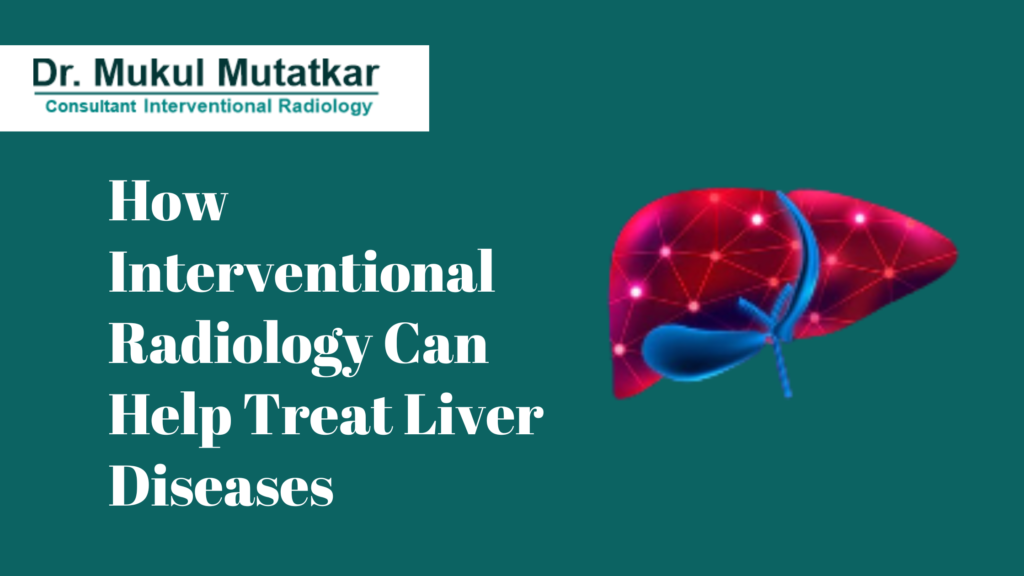Liver diseases can significantly impact a person’s health, leading to serious complications if not treated properly. With advancements in medical technology, Interventional Radiology Surgery in Pune has emerged as a minimally invasive and highly effective approach to treating liver conditions, particularly liver cancer. Among the various treatments available, Transarterial Chemoembolization (TACE) and Radiofrequency Ablation (RFA) are widely used to manage liver tumors without the need for major surgery.
Understanding Interventional Radiology for Liver Diseases
Interventional radiology (IR) is a specialized field of medicine that uses image-guided techniques to diagnose and treat various diseases. It offers minimally invasive solutions for patients who may not be suitable candidates for conventional surgery. Interventional Radiology Surgery in Pune is particularly beneficial for liver cancer patients, as it targets tumors with precision while preserving healthy liver tissue.
Two of the most effective procedures in interventional radiology for liver diseases are TACE (Transarterial Chemoembolization) and RFA (Radiofrequency Ablation). Both techniques are widely used to treat primary liver cancer (hepatocellular carcinoma) and secondary liver tumors that have spread from other organs.
Transarterial Chemoembolization (TACE)
TACE is a treatment used to shrink liver tumors by delivering chemotherapy drugs directly into the tumor while blocking its blood supply. This procedure is particularly useful for patients who are not candidates for surgical tumor removal.
How TACE Works:
- A catheter is inserted through a small incision in the groin and guided to the liver’s blood supply using imaging techniques.
- Once the catheter reaches the tumor, a combination of chemotherapy drugs and embolic agents (small particles) is injected.
- The embolic agents block the blood flow to the tumor, preventing it from receiving oxygen and nutrients needed for growth.
- This targeted approach allows for a higher concentration of chemotherapy in the tumor while reducing side effects on the rest of the body.
Benefits of TACE:
- Minimally invasive with a quick recovery time.
- Effectively shrinks tumors to make them more manageable for further treatment.
- Reduces cancer progression in cases where surgical removal is not possible.
Radiofrequency Ablation (RFA)
Radiofrequency Ablation (RFA) is another innovative procedure used to treat liver tumors. It uses heat generated by radio waves to destroy cancer cells. This method is particularly effective for patients with small or localized liver tumors.
How RFA Works:
- A thin needle-like probe is inserted through the skin into the liver tumor using imaging guidance.
- Radiofrequency energy is passed through the probe, generating heat that destroys cancerous cells.
- The dead tissue is eventually absorbed by the body, reducing the size of the tumor.
Benefits of RFA:
- A safe and effective alternative for patients who cannot undergo surgery.
- Short hospital stay with faster recovery.
- Can be repeated if necessary for recurring tumors.
Who Can Benefit from These Procedures?
Patients with liver cancer who are not suitable candidates for surgery often benefit from these treatments. TACE is recommended for those with large or multiple tumors, while RFA is ideal for patients with small, localized tumors. In many cases, these treatments are used in combination with other therapies like targeted drug therapy or immunotherapy to improve patient outcomes.
Choosing the Right Interventional Radiology Clinic in Pune
For patients seeking advanced liver cancer treatments, it is essential to choose a well-equipped and experienced Interventional Radiology Clinic in Pune. A skilled interventional radiologist can accurately assess your condition and determine the best course of treatment tailored to your needs.
Conclusion
Interventional radiology has revolutionized the treatment of liver diseases, offering minimally invasive solutions that improve patient outcomes. Interventional Radiology Surgery in Pune provides effective treatments like TACE and RFA, helping patients manage liver cancer with fewer complications and quicker recovery times. If you or a loved one is dealing with liver disease, consulting an experienced interventional radiologist can be a crucial step toward better health.
